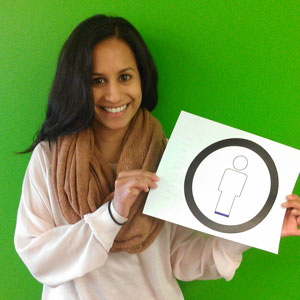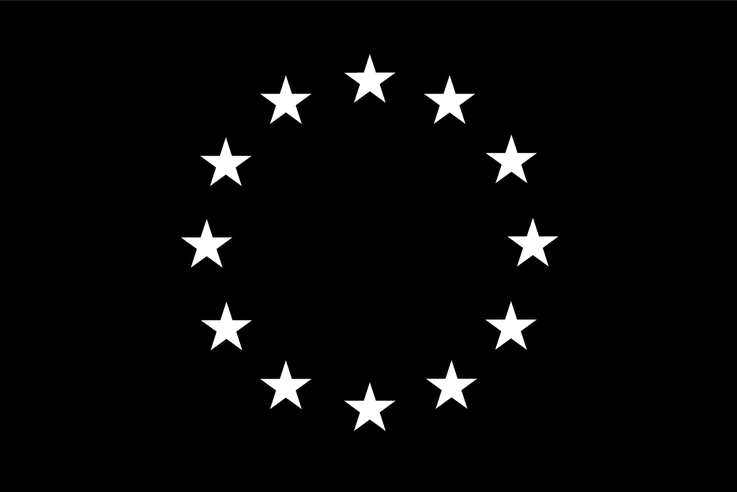European directive on collective rights management: Collecting societies must allow use of CC licenses
mercredi 27 novembre 2013 à 02:15Today the JURI (legal affairs) committee of the European Parliament approved the compromise text of the proposed directive on collective rights management in the EU (478 KB PDF, passages in bold are changes from the original proposal). The main objective of the directive is to facilitate the licensing of music throughout Europe (which is currently being done on a country-by-country basis) and to increase the transparency and accountability of collective rights management organisations operating in Europe.
Creative Commons has been following the discussions about the directive. Many collecting societies for authors of musical works prevent their members from electing alternative licensing frameworks, such as Creative Commons licenses, for their work. The directive provided an opportunity to change this situation by establishing clear rules for all European countries.
Over the past few years Creative Commons and its European affiliates have teamed up with Collecting Societies to allow, on a controlled basis, pilot projects that allow members of the participating societies to use the NonCommercial CC licenses. Such pilot projects have been launched in the Netherlands, Denmark, Sweden, and France, and they have demonstrated that collective rights management and the use of Creative Commons licenses can go hand in hand.
During the discussion of the directive, Creative Commons advocated (together with others) that the directive should include provisions that would ensure that members of collecting societies can individually license their rights. As a result, the European Parliament introduced language in the directive that requires collecting societies to allow their members ‘to grant licences for the non-commercial uses of the rights, categories of rights or types of works and other subject matter of their choice.‘
We are happy to report that this new provision (article 5.2.a) has made it into the final text that was voted on in the European Parliament today. This means that once the directive has been adopted (there is one more vote in Parliament which is basically a formality), members of all European Collecting Societies will have the rights to grant licenses for non-commercial use of their work, opening the door for the use of the three Creative Commons licenses that allow non-commercial use of the licensed work.
Creative Commons applauds the European lawmakers with this step. The new directive will strengthen the rights of members of collecting societies, and we are looking forward to a future where musicians all over Europe enjoy more flexibility in sharing their creations.



